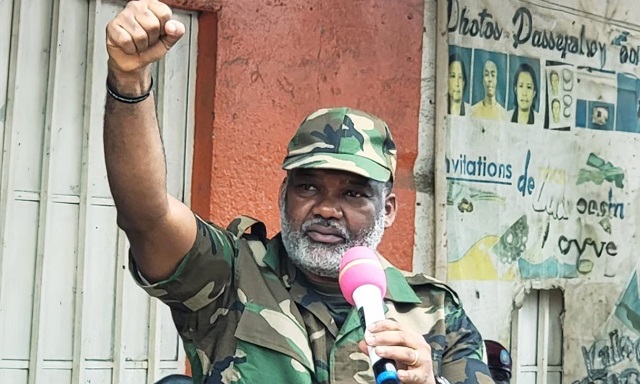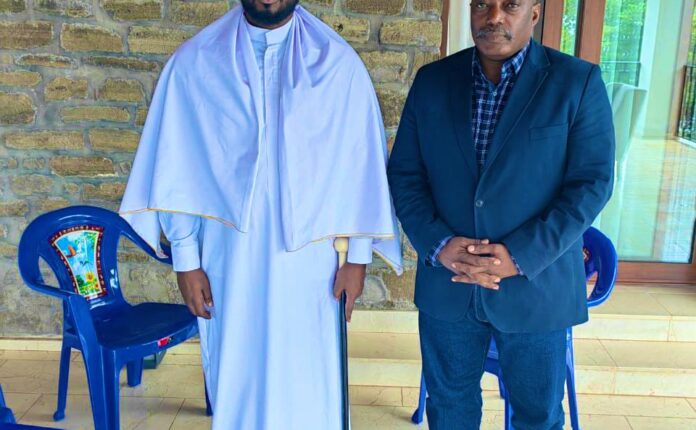For decades, Africa has been the stage for bloody conflicts, humanitarian crises, and massive human rights violations. Yet, the attention given to these tragedies by major powers and international institutions remains minimal, if not nonexistent. The UN, the United States, the European Union, and organizations such as Human Rights Watch and Amnesty International often adopt a selective approach, reacting disproportionately depending on the regions of the world affected.
Note: Company, Blog, Church websites are free.
When a conflict erupts in Europe or the West, international outrage is immediate. The media broadcast the suffering of victims non-stop, governments impose sanctions, and military coalitions are formed to take action. However, when it comes to Africa, responses are much slower and more measured. Millions of deaths in the DRC, Sudan, the Central African Republic, or Ethiopia have never prompted the same level of mobilization as conflicts elsewhere in the world.
The inaction or indifference of the international community can partly be explained by the legacy of colonial history. Some Western countries, having largely contributed to the establishment of fragile or autocratic regimes in Africa, hesitate to intervene when it comes to stabilizing these regions unless their economic or strategic interests are directly threatened.
Moreover, certain African conflicts are fueled by power struggles, arms sales, and discreet support for rebel factions or incumbent governments, prolonging the suffering of local populations without any real effort to end it.
The most striking example of this abandonment by the international community remains the 1994 genocide against the Tutsi in Rwanda. Despite alarming warning signs months before the massacre began, neither the UN nor major powers acted in time to prevent it. On the contrary, the UN mission was reduced, and the desperate cries for help from the slaughtered population fell on deaf ears. Even today, Rwanda, under the leadership of Paul Kagame, is criticized for its governance, but few acknowledge the crucial role he played in ending the horror and rebuilding his country.
While major powers bear part of the responsibility for this unequal treatment, international organizations such as the UN must also rethink their approach. Inaction in the face of major African crises only fuels a sense of frustration and injustice among local populations, sometimes reinforcing anti-Western rhetoric and conflict dynamics.
For true and impartial international justice, responses to conflicts must not depend on the victims’ skin color or the economic and strategic interests of major powers. Human life must be valued equally, regardless of where it is threatened. If the international community claims to defend human rights, it must be consistent and act with the same determination wherever injustice strikes.
It is time to abandon this indifference and act with the same firmness in addressing African crises as those affecting other regions of the world.



